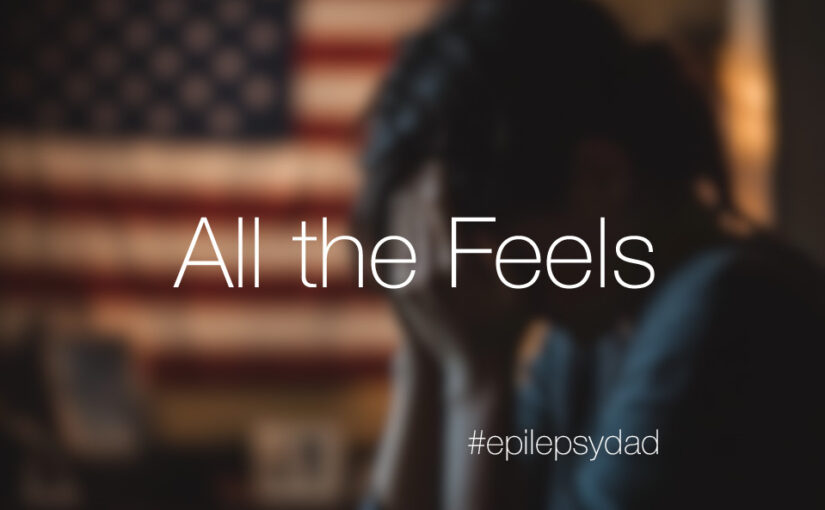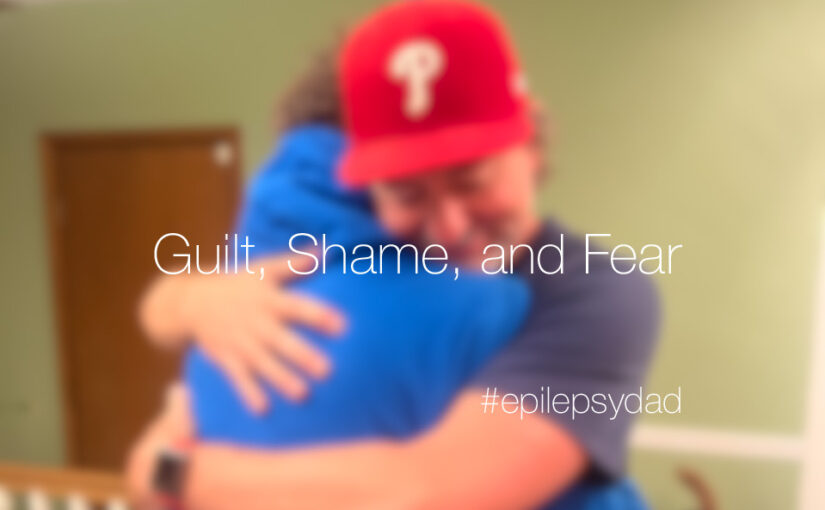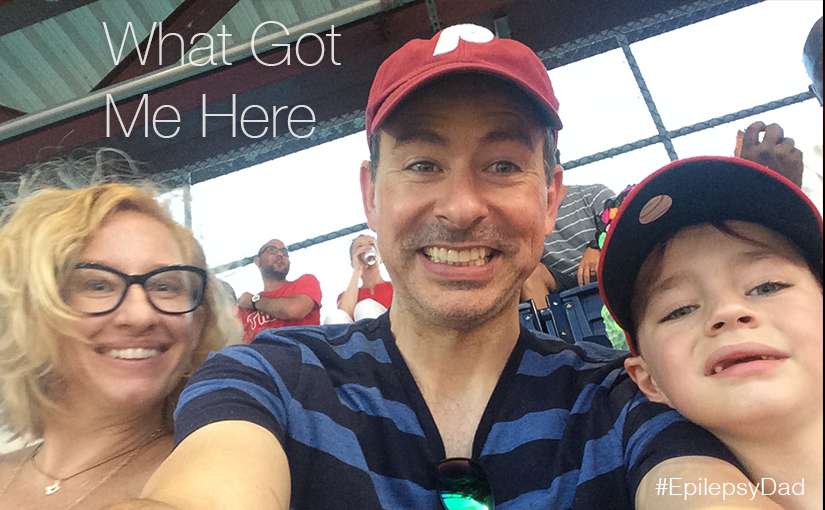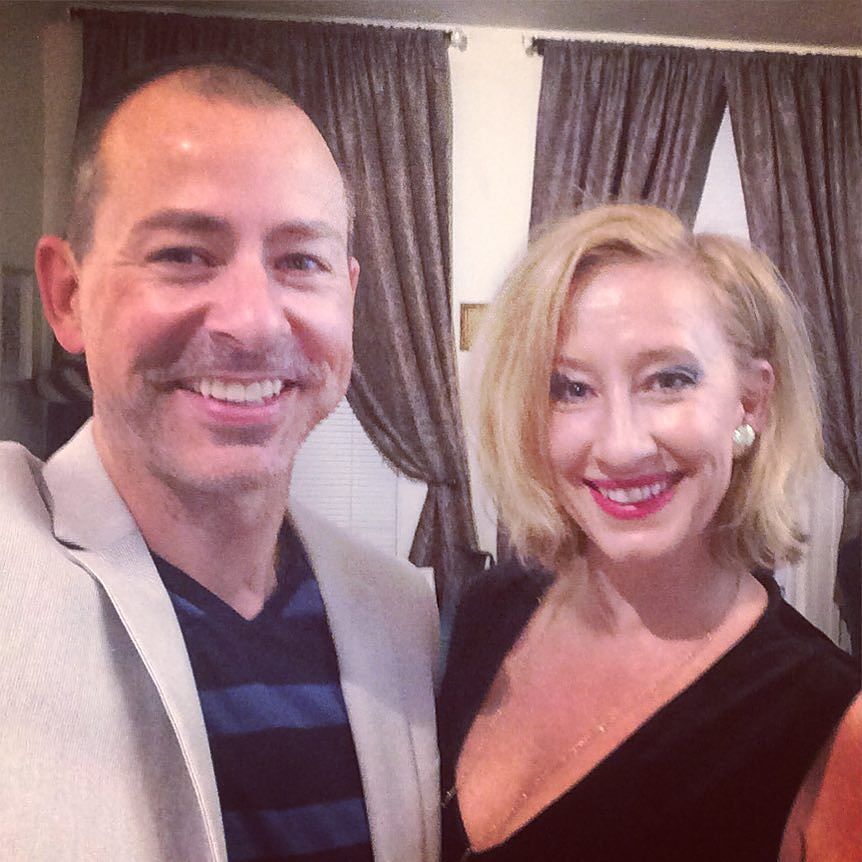Well, that happened.
I hoped we were better. I hoped we could be compassionate and selfless enough to think beyond the issues that impact us individually and vote for the issues that affect our country. I hoped we could see past the tactics of anger and fear that have polarized us against each other. I hoped that the close-minded view that the country was meant only for people who looked, spoke, and prayed like us would bend to consider the segments of the population at risk of losing their rights and identity.
But the results spoke for all of us. Unlike the last election, there were no claims of a stolen election. There is no debate that the Electoral College doesn’t represent what the country believes like the popular vote does because, this year, they both overwhelmingly showed what our country has become.
The past week has been filled with armchair analysis and retroactive criticism about what went wrong for the Democratic Party. Each clip tries to encapsulate a soundbite to explain the rationally irrational human brain, often contradicting another clip that uses the opposite justification.
I’m not sure we will ever know the answer. It certainly won’t change what is about to happen. But I think people want change but don’t want to change. We don’t seek information that could change us because our minds and hearts are not open to change, and we bury ourselves deep into echo chambers that reaffirm our righteousness.
What I do know is that this week, I felt all the feels. As a husband, the father of a special needs child, the godfather of a teenage girl, a veteran, and a friend of beautiful humans from different countries with different beliefs and identities, I was shocked by the result, angry at who we have become, and afraid of what the world will look like for the people who I care about in the next few years and for my son when he grows up.
We may not recognize it because we’re so caught up in our feelings, but our kids have a lot of feelings about this, too. They see what is happening and hear our conversations even if they don’t understand the details. They’re trying to make sense of what is happening, too, and if we can’t do it, how can we expect them to do it?
What we can do is help them with their feelings. We can encourage them to say their feelings out loud and to ask for help when their feelings are confusing or too big. We can demonstrate this behavior by sharing our feelings with them in an age-appropriate way. We can be present, listen, and demonstrate sympathy and empathy for them and everyone who needs it now more than ever.
Last year, my wife published a children’s book called “And” about feelings and the permission to feel multiple, conflicting feelings all at once. We use AND a lot in our house, as do our friends and readers. I think it’s such an important message, especially in these challenging times, and especially for our children, that we’re offering a 50% discount on the book to share the message and help as many children and families as possible.
To claim the discount, visit our store and use the code “ALLTHEFEELS2024” for 50% off through November 2024 when you order directly from kettlepot press.
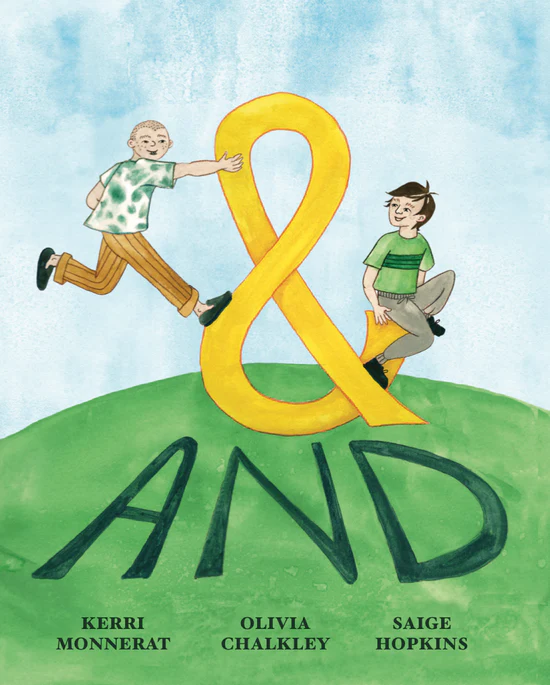
Take care of yourself and your family. And let’s take care of each other.
